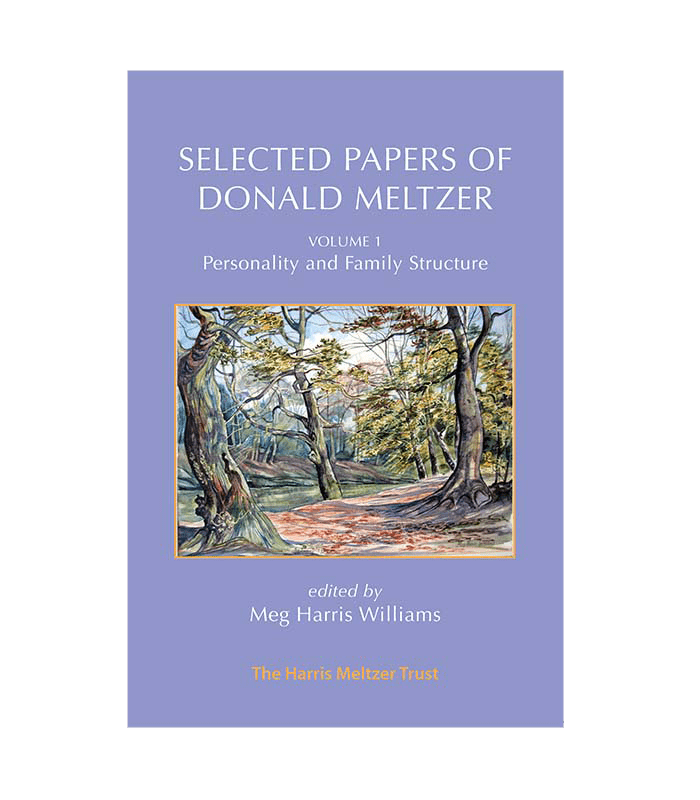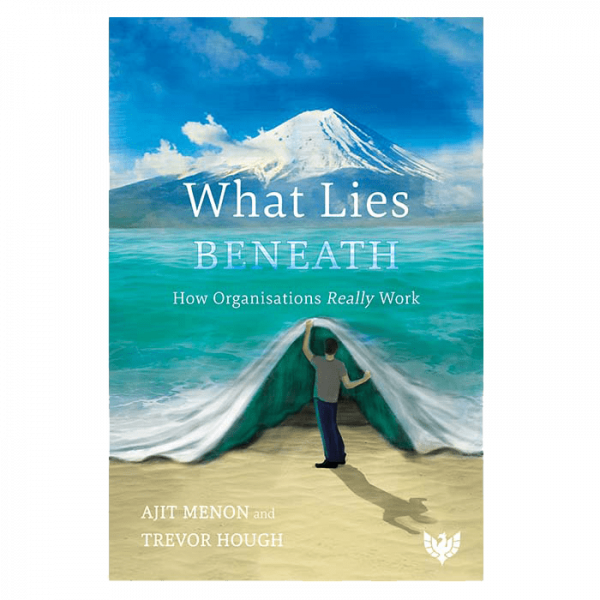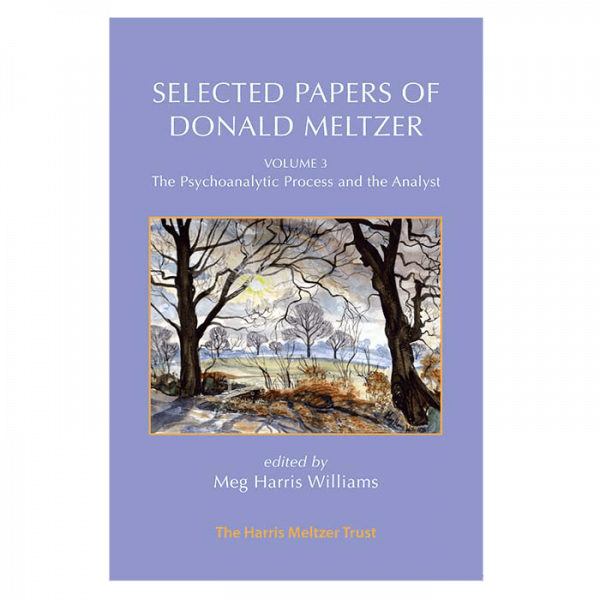The contents of the three volumes are grouped not chronologically but under the headings of ‘Personality and Family Structure’, ‘Philosophy and History of Psychoanalysis’, and ‘The Psychoanalytic Process and the Analyst’. Together they present his interpretation of the ‘Kleinian development’ from Freud, through Abraham and Klein, to Bion and the post-Kleinian model; and within this evolution, his view of the natural history of the psychoanalytic process, the aesthetics of the method, and his insights into the operation of the transference and countertransference.
Meltzer saw the psychoanalytic process as a new method that contributes alongside more traditional art-forms to our scientific knowledge of the mind. Working with both adults and children, he viewed psychoanalysis in developmental rather than narrowly therapeutic terms, with potential for both analyst and analysand. All his theories derived from clinical work, above all from dream-reading and children’s phantasy play; and owing to his extensive international teaching experience, his own material was enriched by that of many supervisees. This collection of papers, read as a whole, invites new readers to follow and partake in what he called ‘the most interesting conversation in the world’.





Virginia Ungar, IPA President –
Meltzer’s optimism about the human spirit holds all of us who choose to engage in the task of holding “the most interesting conversation in the world” in the consulting room and in the different settings we inhabit.